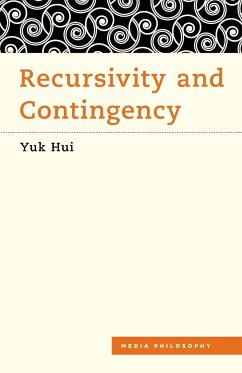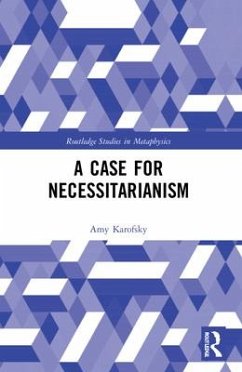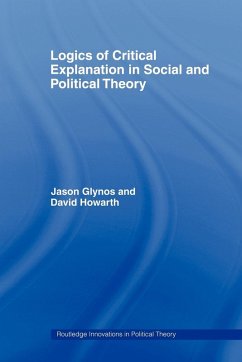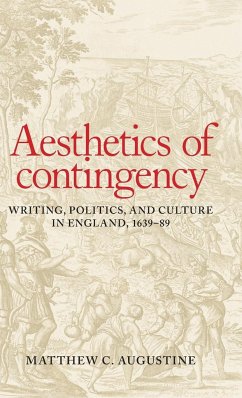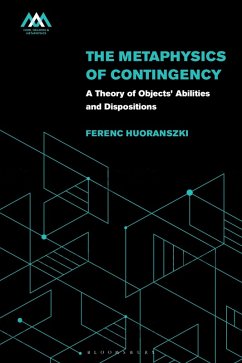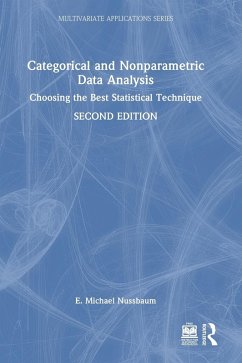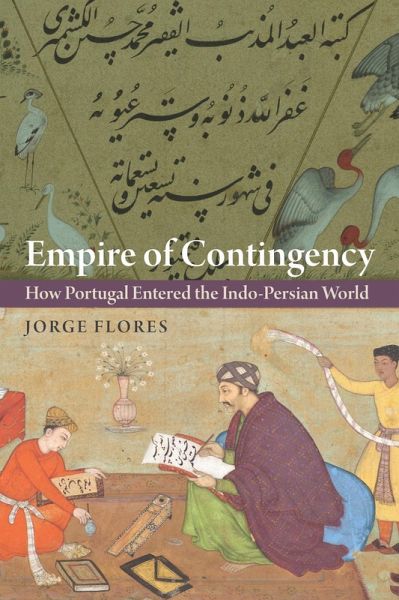
Empire of Contingency
How Portugal Entered the Indo-Persian World

PAYBACK Punkte
38 °P sammeln!
Explores the information and communication practices of the Portuguese empire in sixteenth- and seventeenth-century India Empire of Contingency explores the information and communication practices of the Portuguese empire in late sixteenth- and seventeenth-century India-a period during which Portuguese imperial ambitions were struggling for survival, while the Mughal empire was at the height of its power and influence. Jorge Flores uncovers the tenuous but ingenious apparatuses of intelligence through which the Estado da Índia (the "State of the Indies," the name given to the Portuguese polit...
Explores the information and communication practices of the Portuguese empire in sixteenth- and seventeenth-century India Empire of Contingency explores the information and communication practices of the Portuguese empire in late sixteenth- and seventeenth-century India-a period during which Portuguese imperial ambitions were struggling for survival, while the Mughal empire was at the height of its power and influence. Jorge Flores uncovers the tenuous but ingenious apparatuses of intelligence through which the Estado da Índia (the "State of the Indies," the name given to the Portuguese political administrative unit in the region between the Cape of Good Hope and East Asia) endeavored to survive in a vast Indo-Persian world shaped by the influence and power of the Mughal empire. Detailing the complex relations that the officials of the Portuguese empire, particularly in Goa, the capital of the Estado da Índia, maintained with the Mughal empire as well as the sultanates of Ahmadnagar and Bijapur in the Deccan region-through information gathering, record-keeping, interpreting, and diplomatic correspondence-the book demonstrates how the Portuguese territories along the western coast of India were substantially incorporated into the vast Persianate cultural sphere spanning from Iran to Southeast Asia. The process of empire-building on the fringes of the Persianate world and the prolonged interaction with the Mughal empire, Ahmadnagar, and Bijapur, Flores argues, led to the irregular, non-linear, and incomplete assimilation of the Portuguese empire into Persianate India. Overturning teleological narratives that portray the workings of (European) empire as the unilateral imposition of power dynamics by a dominant, omniscient actor, Flores reveals how Portuguese imperial administrators were vulnerable participants in a network of relations involving multiple political powers-relations that required enormous bureaucratic and diplomatic effort to understand and successfully navigate. Showing how a European empire was drawn into the political practices and rituals of the Indo-Persian world, Flores decenters the lenses conventionally used to observe the Portuguese empire in Asia and helps us rethink its nature while questioning the boundaries of the Indo-Persian world.




